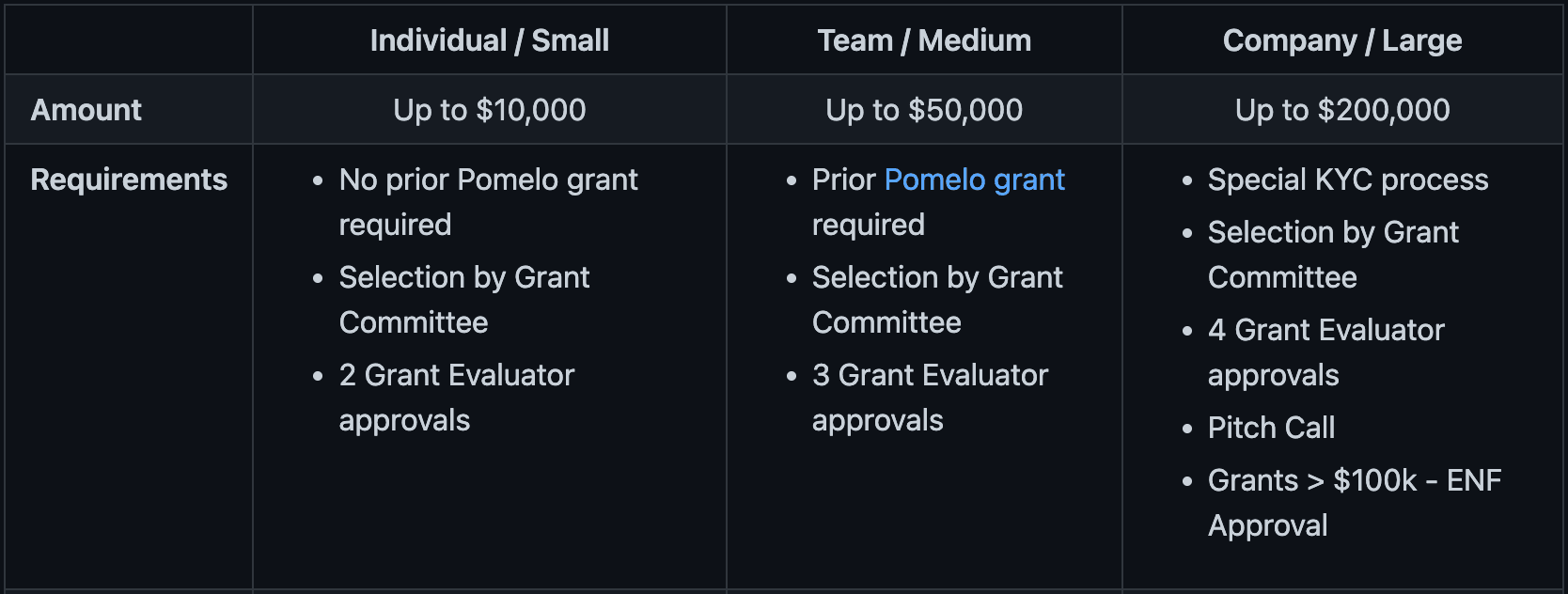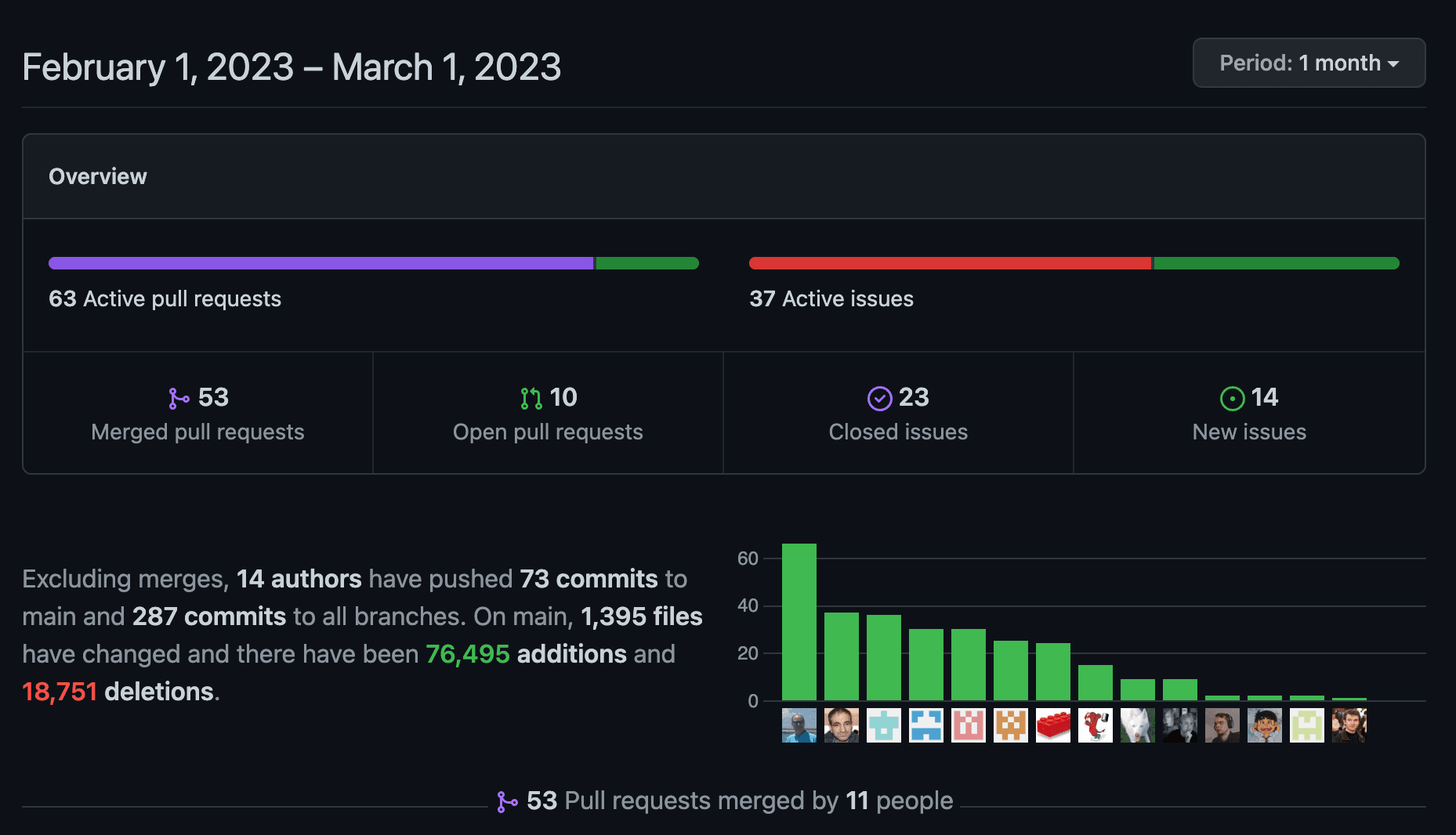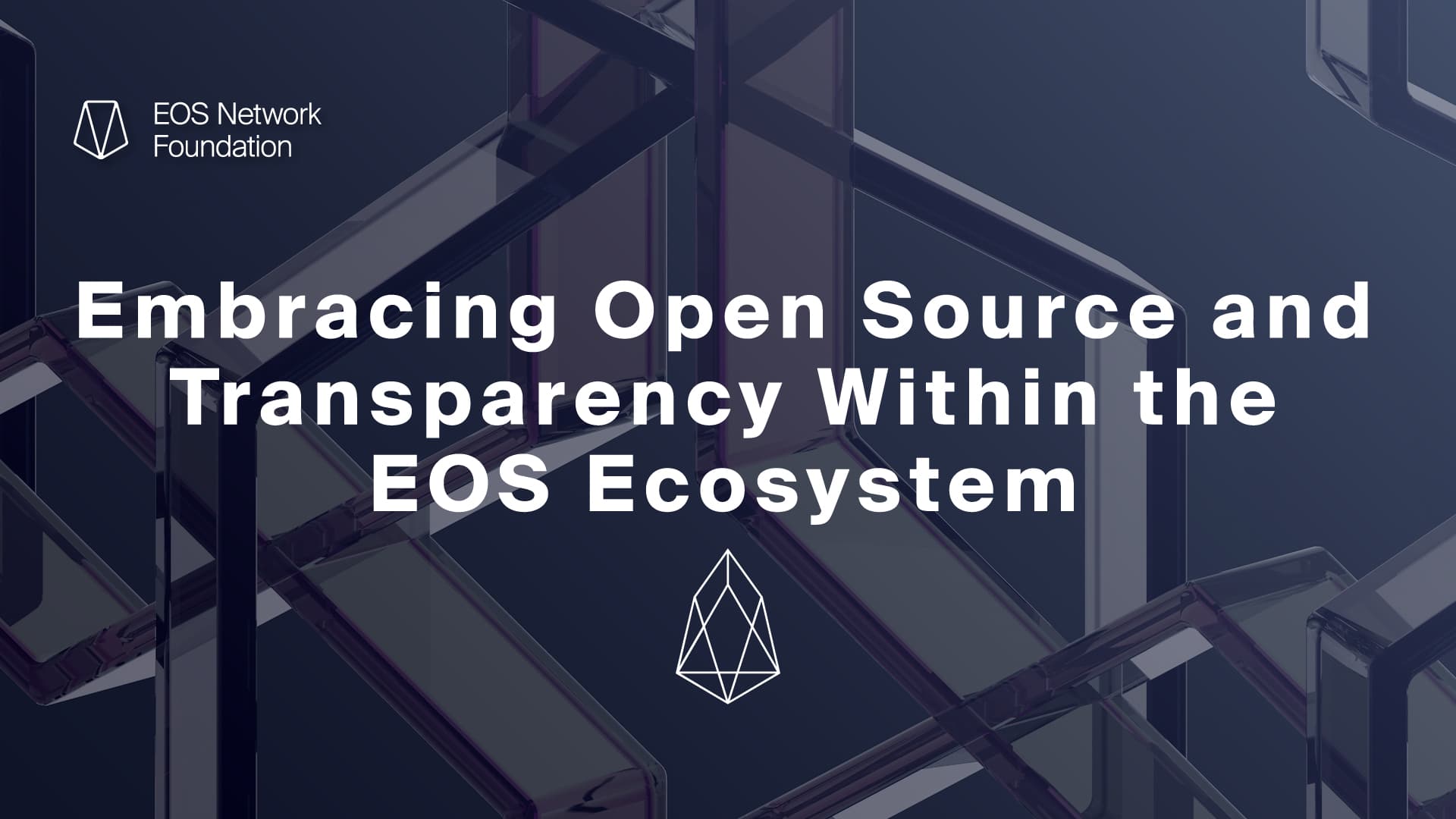Embracing Open Source and Transparency Within the EOS Ecosystem
Open source software development has been a driving force behind the rapid evolution of the internet, and so too, the world of blockchain technology. The pioneering efforts of software engineers who have committed themselves to the principles of free and open source software development have allowed us to stand upon the shoulders of giants.
The underlying codebase of EOS, the community-led Antelope framework, is free and open-source software licensed under the MIT License, a permissive free software license. In simple terms, this means the source code is available to be examined by the public, and for use or modification from its original design, even for proprietary uses.
The implications of free and open source software on development are manifold, and can become especially impactful where blockchain technology is concerned.
Know Thy Code
Open source code is characterized as being publicly auditable, such that the software can be verified by anyone of sufficient skill to provide attestations that the code is behaving as intended. Software audits are routinely conducted by projects internally, and by third party vendors who specialize in auditing mission critical software to ensure proper functioning. Compared with closed-source, proprietary software maintained by centralized teams, open source projects greatly expand the number of eyes monitoring the code where whole global communities of software engineers are able to explore, discover bugs, and submit patches.
As it pertains to blockchain, auditability becomes a particularly valuable attribute where smart contract code or consensus level software may be responsible for the transmission of tokens representing significant sums of value. As we have seen time and time again, where there is value being transacted, there is incentive to exploit vulnerable code to extract that value. Recurring audits of open source software can mitigate the likelihood of an exploit, and knowing that a smart-contract is what you think it is, that it is running the business logic you agree to, is priceless.
Free as in Freedom… and Decentralization
To the characteristics of open-source, we must also consider the quality of free, as in: set that software free! In blockchain terms, free software is able to be forked, without restriction. Because of the permissive MIT license governing usage of the Antelope codebase, anyone is free to fork the code and deploy it as they see fit. This is in fact how the multiple Antelope based blockchains came into existence, all forked from the same reference implementation of the original EOSIO codebase. The EOS Network, and all participating members of the Antelope Coalition, continue to maintain the principles of open source, free, and forkable. This means no corporate entity can claim dominion over the underlying code, and confine a community operating the software within the narrow boundaries of a restrictive license.
Today, the EOS Network and the broader Antelope Coalition of which it is part, extend the legacy of free and open source development into the foundations of a Web3 future, for all.
Open Source Takes a Village, Working Out in the Open
Today, the EOS Network and the broader Antelope Coalition of which it is part, extend the legacy of free and open source development into the foundations of a Web3 future, for all.
Alongside this commitment to open source development is a commensurate push for operational transparency, and the desire to see an open and flourishing community of contributors breathing life into the ecosystem.
Many open source projects make their code available to access via public repositories, but much of the planning, refinement, and triage takes place behind closed doors inside of private, third party project management tools such as Jira, Asana, or Microsoft Projects. The EOS Network Foundation (ENF) utilizes GitHub projects, a beta GitHub product, that allows for all of the planning and execution of work to take place in GitHub. This has the dual benefit of meeting our engineers where they are already working—vs having to make them use yet another tool—and allows the org to share publicly the status and priority of each issue tracked. Because the product is in beta, the ENF is living on the bleeding edge of lean and transparent development processes.
We envision a future with a growing number of ecosystem contributors supporting the work of ongoing coordination and communication, code development, documentation, and more. To this end, the ENF will actively support those initiatives that create an environment that is welcoming and supportive of new participants. One of the ways we have begun to nurture a culture of open source development is through the Direct Grant Framework.
The ENF has launched a number of transparency initiatives to ensure that information about ENF operations, programs developing open source public goods on EOS, as well as the various initiatives through the Antelope Coalition are increasingly accessible. To increase the visibility of these efforts, what follows is a list of resources that provide a fairly comprehensive view into the programs, operations, and media being made regularly available to facilitate greater access and engagement.
Open Source Public Goods Development on EOS: The Direct Grant Framework
The ENF Direct Grant Framework

The Direct Grant Framework is a multi-level grant program to help power research, software development, and maintenance of the Antelope code base, encouraging developers to submit proposals for funding to open source projects that enable developers, businesses, and individuals to build on EOS.
Direct Grant Applications
This is where direct grant applications are submitted. All grant applications are visible to the public and able to be sorted by those that are ‘open’ or ‘closed’, as well as labels indicating the current status of an application, its contents, and more.
Submitted Grant Milestones
The Direct Grant Framework is a milestone driven program, and in order to receive funding, grant recipients must submit their finished milestones where they are reviewed by the Grant Evaluators. On the grant milestone submission page you can sort milestones by those that are ‘open or ‘closed’, and see approval status.
Antelope Coalition Initiatives
Antelope Request For Proposals (RFPs)
In addition to the ENF Direct Grant Framework, the Antelope Coalition provides an additional means of engagement for developers who wish to contribute to the common Antelope codebase. In the spirit of a fair and transparent bidding process, the coalition publishes RFPs for enhancements to the peer-to-peer protocol.
Informational Reports
Monthly Project Health Reports
Project health reports provide high level insight into important initiatives across both EOS and Antelope Coalition projects. Health scorecards detail the current status of various milestones, highlights & accomplishments. The reports cover new initiatives, operations metrics, contracts, RFPs, Grants Metrics, and completed projects.
ENF Quarterly Reports
Every quarter the EOS Network Foundation (ENF) provides the EOS community with an overview of its activities, including operational updates, grants, and financial expenditures in a detailed report.

Public GitHub Development Projects
ENF Core Antelope & Leap Development
Core software for the Antelope ecosystem.
Primary product and engineering Scrum project focused on the development of Leap, CDT, DUNE, and supporting sub-repositories. Biweekly plannings create new sprint commitments captured in the sprint/iteration buckets. Used to submit new issues, refine existing issues, and make planning commitments.

- Leap – C++ implementation of the Antelope protocol
- CDT – Tools to facilitate development of Antelope smart contracts written in C/C++
- DUNE – Docker tooling to assist Antelope contract developers with node management, compiling smart contracts, and running tests.
- reference-contracts – Reference implementations for common Antelope Systems Contracts
ENF Engineering
Secondary product and engineering Scrum project focused on the development of the eos-system-contracts, which are the system contracts that make EOS network the EOS network. Biweekly plannings create new sprint commitments captured in the sprint/iteration buckets. Used to submit new issues, refine existing issues, and make planning commitments.
The main focus of this GitHub project is tracking issues for products and supported tools held in the EOS Network Foundation GitHub organization:
- eos-system-contracts – System contracts for EOS blockchain
- eosio.saving – Contract to automatically distribute inflation received by eosio.saving account to arbitrary accounts
- eosio.time – Contract to prevent transaction from executing prior to indicated time (helpful for multisig proposals)
- eosio.yield-contracts – The collection of contracts underlying the Yield+ DeFi reward program
- mandel-eosjs – eosjs (not yet renamed as part of Antelope rebranding)
The GitHub project also tracks other tasks that the ENF engineering team is responsible for:
- engineering – Internal documentation and decision-making processes for the ENF Engineering team
- grant-framework – Technical evaluator reviews.
- grant-milestones – Grant framework milestone tracking.
Finally, the project currently also tracks issues of legacy repos for Leap (previously mandel) and CDT (previously mandel.cdt) prior to the transition to the AntelopeIO GitHub organization.
As the ENF works through these issues, legacy repos here will be archived. And at that point, Leap + CDT issues will be solely tracked in the AntelopeIO project.
The ENF Developer Relations repository.
- docsgen – Tools to generate documentation for docs.eosnetwork.com
- docs – EOS developers documentation
- devrel – DevRel processes + ticket sources
- Learn portal – Video course guides and earn opportunities (learn.eosnetwork.com)
Recurring Public Calls
Weekly Antelope Node Operator Roundtable
The Antelope Node Operator Roundtable meets every Wednesday at 14:00 UTC to share and discuss feedback to improve the Antelope protocol. All meeting summaries and recordings are tracked here.
Weekly Antelope Coalition Calls
The Antelope Coalition features members of the EOS, WAX, Telos, and UX public blockchains that pool their resources to work on the community-led Antelope framework. Each week, Coalition members join in a meeting to provide updates and requirements for new initiatives for the Antelope. Coalition initiatives are tracked here.
Weekly EOS Fireside Chats
Each week the community gathers for the EOS Fireside Chat, a live call hosted on the EOS Community Discord Server @ 2000 UTC / 3PM ET where breaking news and updates from throughout the ecosystem are shared, and an open forum for community discussions is available. Anyone is welcome to join and ask questions. The call is regularly attended by dozens of founders, builders, and leaders from across the community.
The Foundations of an Open and Resilient Future
The EOS Network Foundation, alongside a diverse and expanding network of engaged EOS community members, developers, entrepreneurs, and investors, who wish to build on the foundations of free and open software in a multi-chain world, are aligning with one another to build the future of interactive innovation in Web3.
Join us, find out how you can contribute and benefit from the tools of collaboration and the synergies of a common ecosystem built on the principles of transparency, and freedom.
EOS Network
The EOS Network is a 3rd generation blockchain platform powered by the EOS VM, a low-latency, highly performant, and extensible WebAssembly engine for deterministic execution of near feeless transactions; purpose-built for enabling optimal Web3 user and developer experiences. EOS is the flagship blockchain and financial center of the Antelope framework, serving as the driving force behind multi-chain collaboration and public goods funding for tools and infrastructure through the EOS Network Foundation (ENF).
EOS Network Foundation
The EOS Network Foundation (ENF) was forged through a vision for a prosperous and decentralized future. Through our key stakeholder engagement, community programs, ecosystem funding, and support of an open technology ecosystem, the ENF is transforming Web3. Founded in 2021, the ENF is the hub for EOS Network, a leading open source platform with a suite of stable frameworks, tools, and libraries for blockchain deployments. Together, we are bringing innovations that our community builds and are committed to a stronger future for all.


